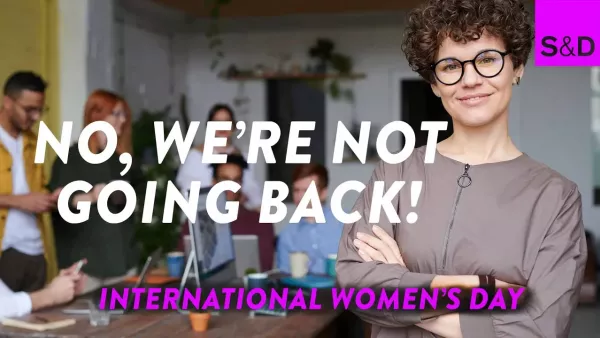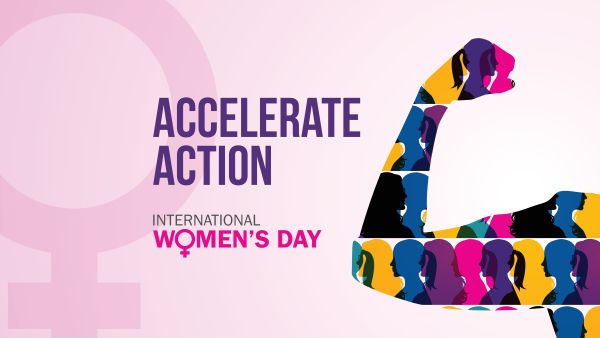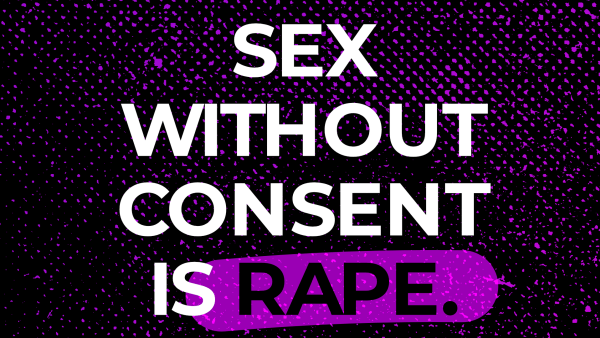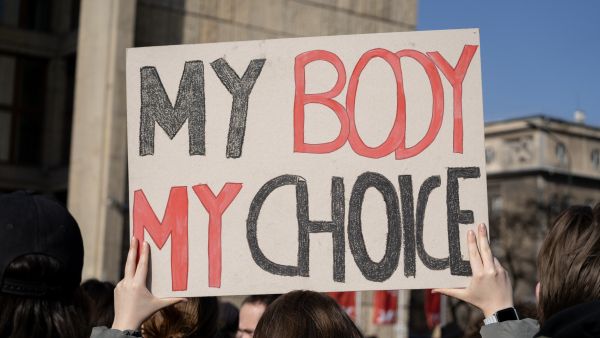Today, the European Parliament’s committee on women’s rights and gender equality (FEMM) adopted a report drafted by S&D MEP Maria Noichl on the regulation of prostitution in the EU. The report states that prostitution, its exploitation, and human trafficking for the purpose of sexual exploitation are forms of gender-based violence, and thus a violation of women's rights and human dignity, representing a cross-border problem. Therefore, the report calls for a Europe-wide approach to tackle prostitution by decriminalising people in prostitution and supporting those who want to leave it, while targeting sex buyers and exploitative third parties.
Prostitution affects the most marginalised people of our societies, with most people in prostitution being women and girls, while most buyers are men. The report acknowledges that there is a minority that claim to engage in prostitution of their own free will. But most of the women in prostitution would leave it if there was a realistic alternative.
The report will be voted on in plenary in September.
Maria Noichl, author of the report and the S&D coordinator in FEMM committee, said:
"I am happy that we did not shy away from this controversial topic – something that has divided the feminist movement for far too long – and put it on the European agenda. The system of prostitution is of a deeply sexist, racist, and marginalising nature, reflecting the social and economic inequalities within the EU and worldwide: around 70% of the people in prostitution in the EU are of migrant origin. I believe that the main role of policy makers is to ensure the protection of the most vulnerable people of society and to give them a voice – especially women in prostitution, who have traditionally been overlooked, marginalised, and stigmatised in our societies.
“Laws liberalising prostitution and concentrating on social and labour rights assume that women enter and stay in prostitution of their own free will. They overlook the root causes of why women are in prostitution: poverty, social exclusion, a lack of alternatives, or legal and safe migrations paths. Liberalisation does not help us combat the coercion, violence, and stigmatisation that is the daily life for many women in prostitution. It does not help those who want to leave. Furthermore, these laws serve as a cover for human traffickers, who use legal infrastructure to hide their criminal activities.
“We must stand with the majority of women in prostitution who don't see prostitution as a normal job but as a form of violence and would leave it if they could. This report underlines that under no circumstances people in prostitution should be criminalised, but that the key to eliminate prostitution is to reduce demand by targeting the sex buyers. We need to act on European level, tackle the root causes pushing women into prostitution, and support those who want to leave, with realistic and reasonably financed support and exit programmes.”
Heléne Fritzon, S&D MEP and vice-president responsible for gender equality, added:
"The adoption of the report today is a clear signal and demands European solutions to tackle prostitution!
“The report suggests a European approach based on the so-called Nordic model. Sweden's decision to introduce the Sex Purchase Act was based on a gender equality and human rights standpoint. The EU must act to stop the trade with women's bodies on the single market and strengthen our work to eliminate all forms of gender-based violence.”











